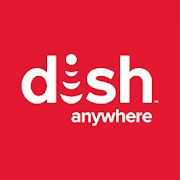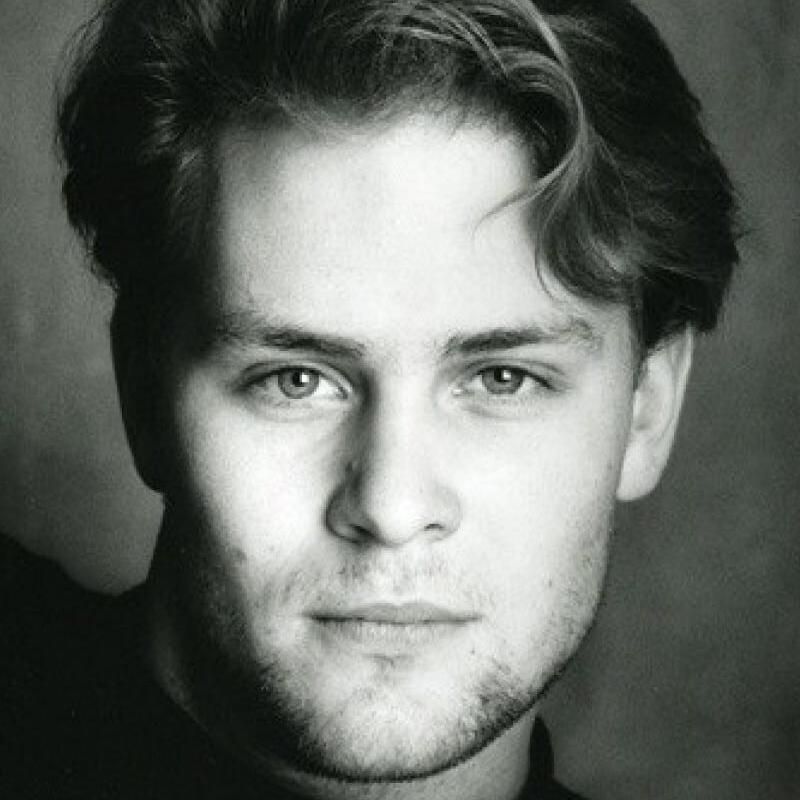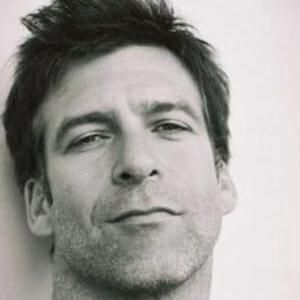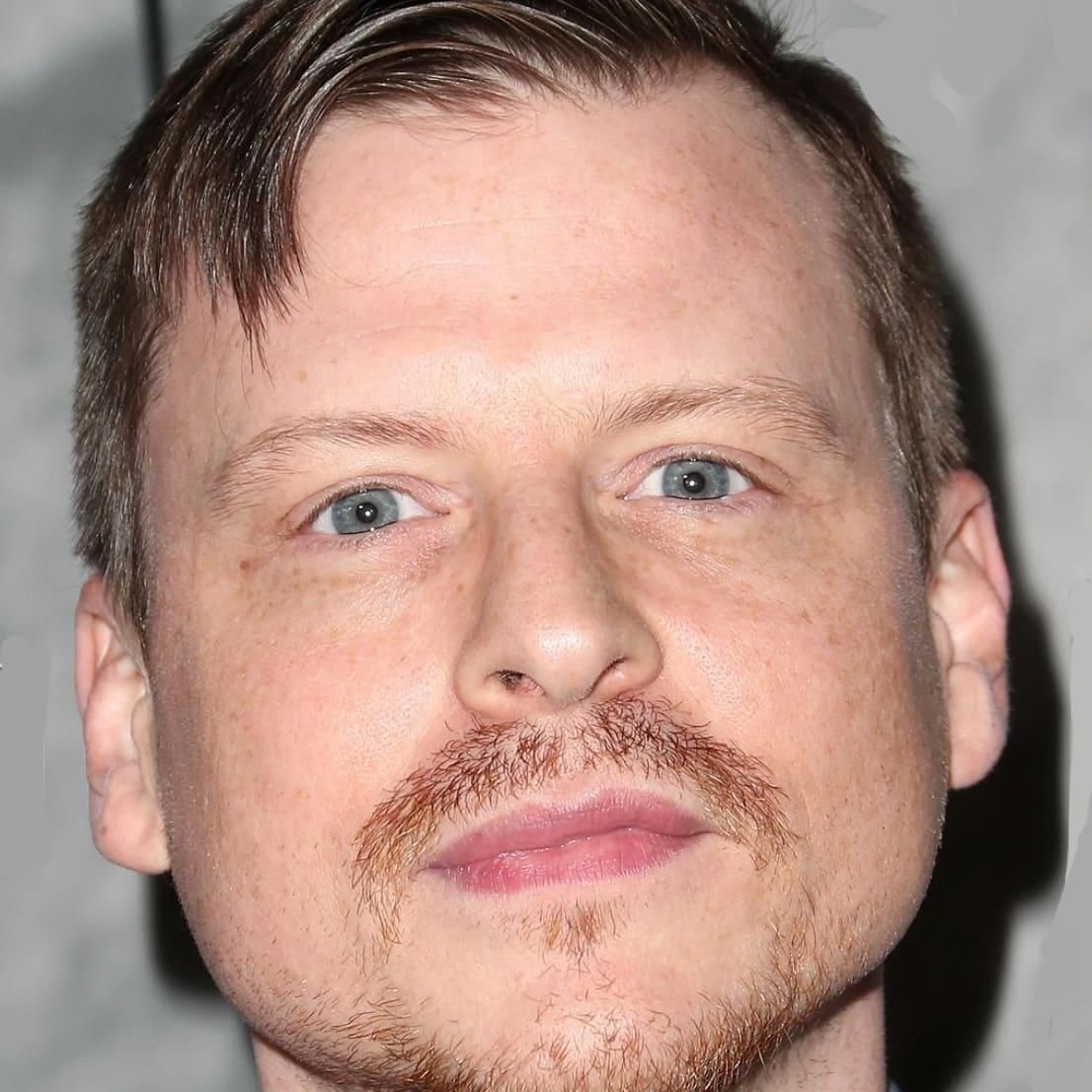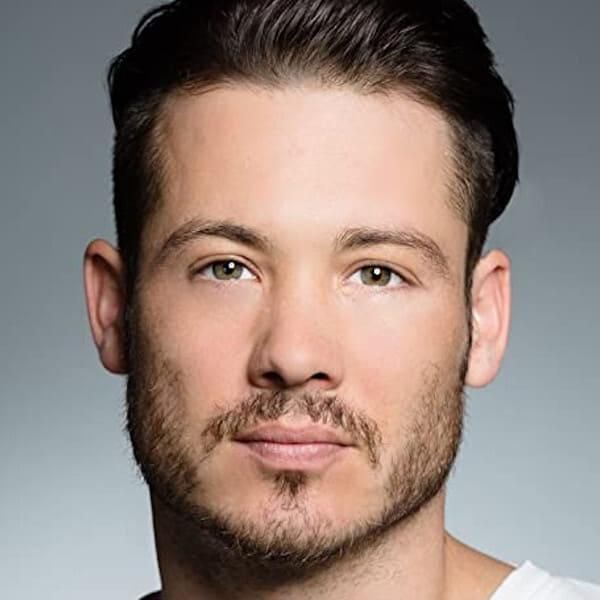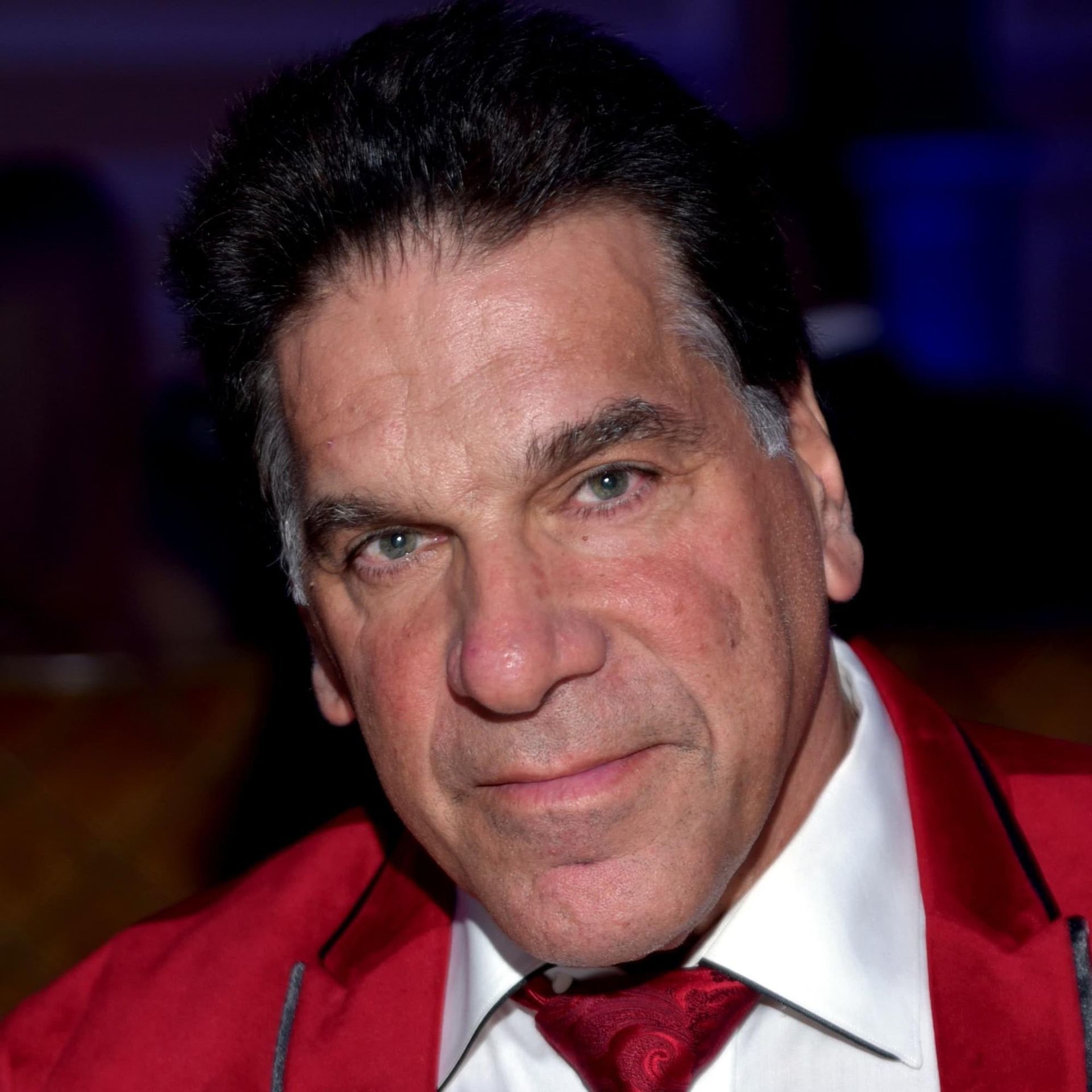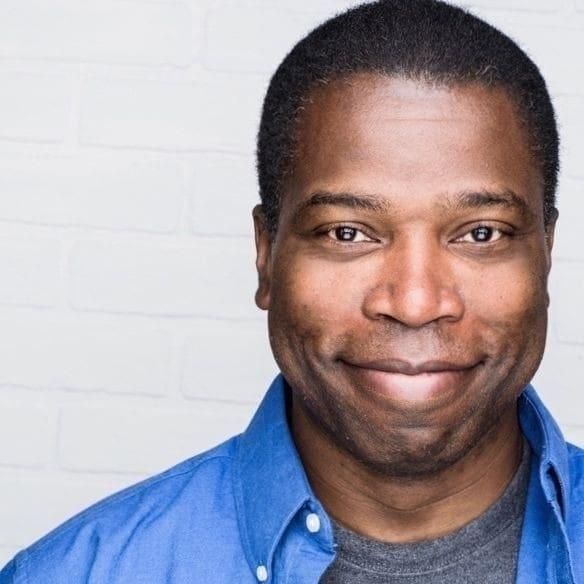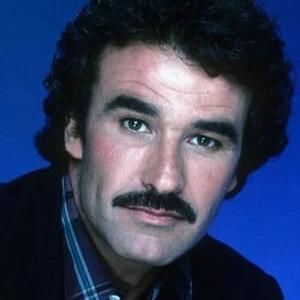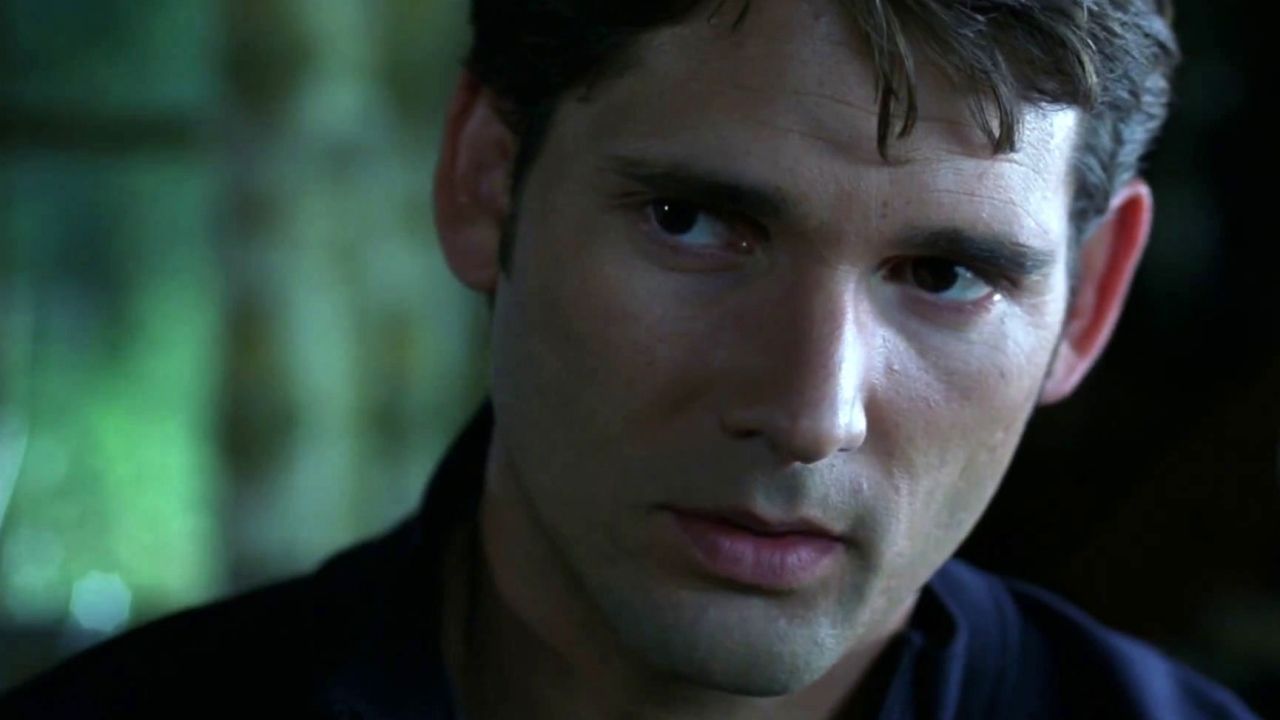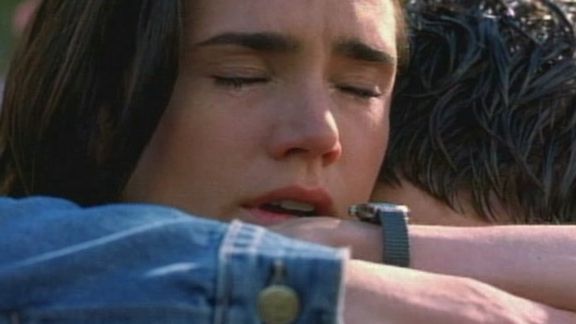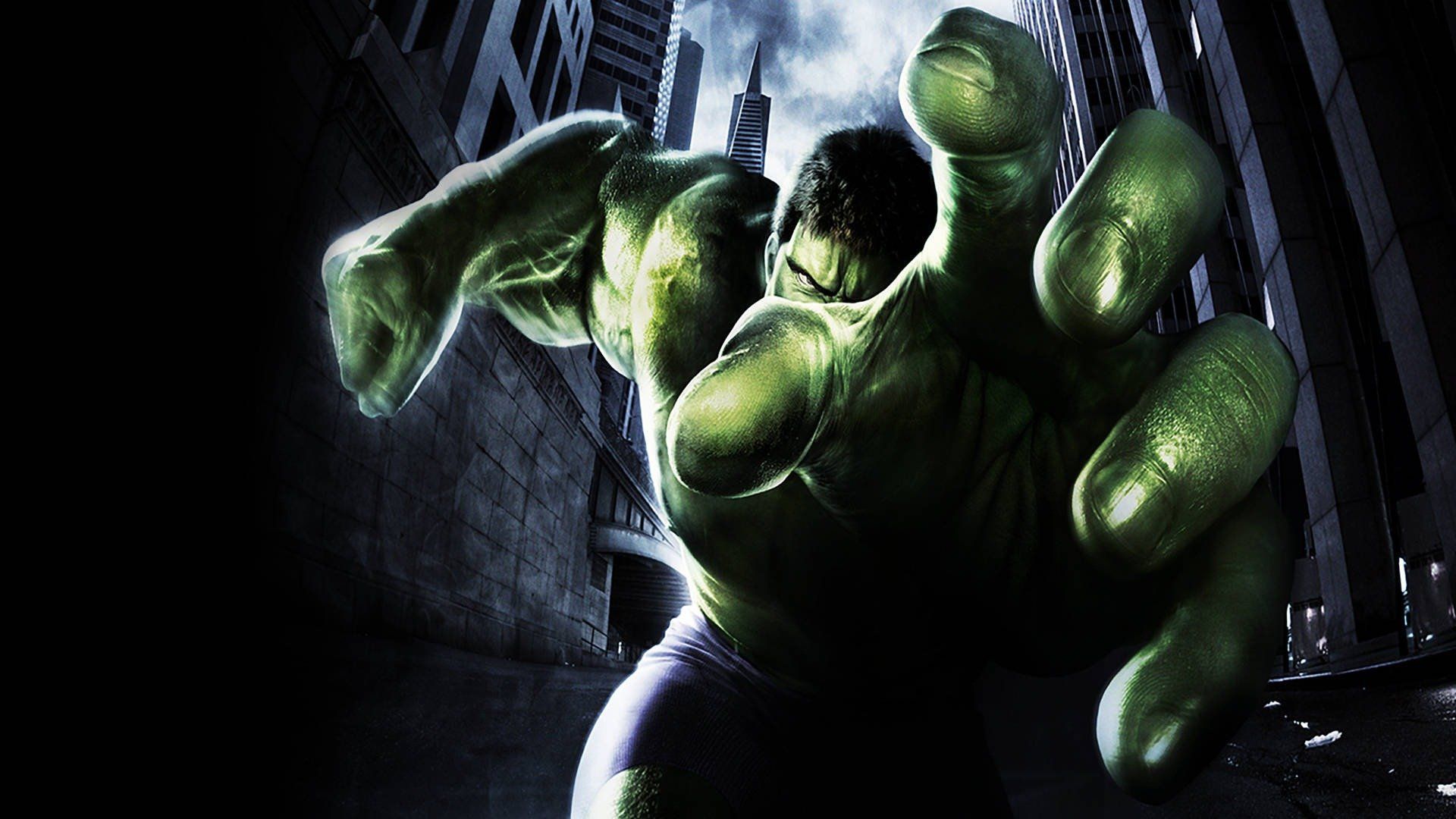
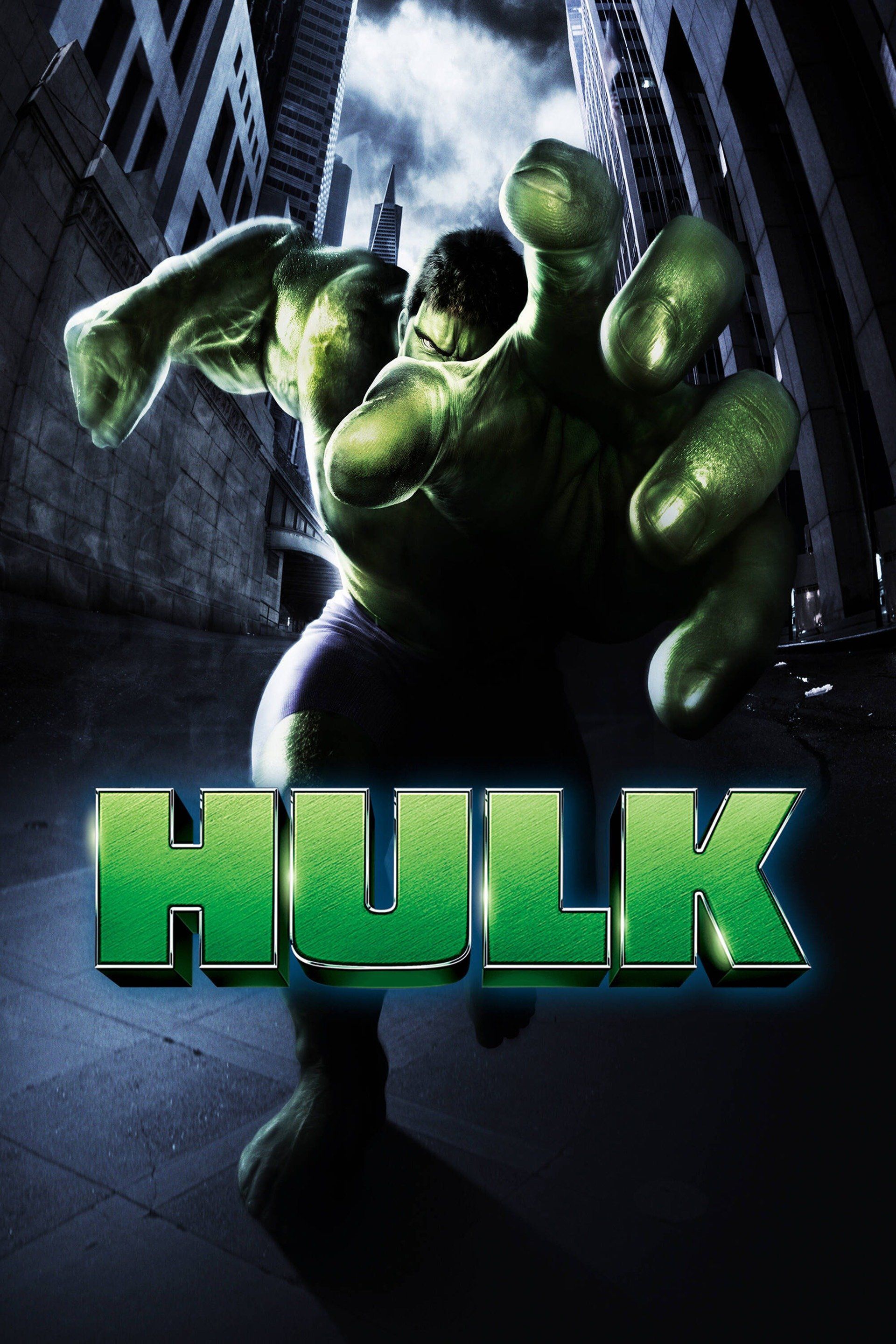
Bruce Banner, a genetics researcher with a tragic past, suffers a lab accident that makes him transform into a raging, giant green monster when angered, making him a target of forces seeking to abuse his power.
Where to Watch Hulk
Hulk Ratings & Reviews
- Otacon!January 15, 2026I think, this is embarrassing. I mean, poor actors. I had seen this movie two times over the last 20 years, just to be sure and I hadn't changed my mind. The movie could be a lot better but poor choices ruined it. The narrative has too many themes for the movie duration and not a clear one to follow. The CGI is tremendous, every time that you see a CGI character on screen your heart will miss a beat. Lack of detail, lights that are misplaced and ... the dog... No. Personally I will consider this Hulk movie as I consider the fisrt Deadpool appearance in the old x-man movie. A sad mistake.
- Harish CousalDecember 7, 2025A slow, artistic take on a superhero story — more psychological drama than smash fest. Not for everyone, but its unique style gives it a memorable edge.
- TanalienFebruary 15, 2025What happens when an established auteur takes on a big-budget comic book movie? In 2003, Universal Pictures owned the film rights for the Hulk character. For their first film with the green monster, they bet on a Taiwanese director Ang Lee, who was famous for excellent dramas and had just captivated audiences with a martial-arts film in 2000’s Crouching Tiger, Hidden Dragon. Before the box-office-dominating Marvel Cinematic Universe (MCU) established a winning template with 2008’s Iron Man, comic book films were more experimental. In the early 2000s, no one had mixed the right components together yet. Perhaps, the studio thought, Lee could repeat his success and make us a huge return on our money. As an experiment, Hulk is a fascinating film to view. How often is an auteur allowed to exert complete control on a superhero story? This is much rarer in the age of the Marvel Studio machine, which has centralized creative control away from the director, yet still produced many, multi-billion-dollar-successes. The title sequence of 2003’s Hulk sets a wildly different tone than any film in the MCU. When the Universal logo glides across the screen, composer Danny Elfman commands the sound stage with a complex musical rendition combining Eastern instruments, a female voice, throat singing, and a traditional Hollywood symphony orchestra. For a superhero film, it is incredibly bold and unexpected. With Hulk, Lee’s passion for exploring drama is evident in the first thirty minutes of the film. The story begins with a Freudian analysis of Bruce Banner, documenting his formational days as a child living with his birth parents. His father (Nick Nolte) is a military researcher, trying to generate advanced bio-soldiers. In his quest for a working prototype, he mutates his genes and passes the mutations hereditarily onto Bruce. For a time, the father experiments on his own son. But when Bruce’s father realizes his mistake, he descends even further into the moral abyss: he tries to kill his own son. This is the harrowing incident that defines Bruce. Using this event as a story pillar, Hulk veers into more evil territory than most MCU films. The visual style feels compelling - adapting the look of comic book panels on a page to the frame of a movie. Divided by lines, multiple camera shots take up sections of the frame. Lee extends these sequences to let us be our own editor, picking which perspective to focus on. Moreover, the montage editing of some sequences is brilliant - delivering information about multiple characters in a way that feels effortless to watch. But that was not what generated the negative reactions from fans. To this day, what audiences disliked about Hulk is the verboseness and the tone. For a comic-book film, Hulk is unusually talky. Lee spends the first thirty minutes of the film establishing character - all the chess pieces that he will orchestrate. There are two fathers, two adult children, and one, very annoying Department of Defense (DoD) advisor. The fathers hate each other, while their two adult children love each other and have daddy issues. I am convinced that the DoD advisor was only in the script so Bruce Banner could say the line, “You’re making me angry,” and become the Hulk. The lovers, Bruce and Betty, are portrayed by Eric Bana and Jennifer Connelly. The actors have a chemistry that is off-the-charts, as their characters would say. When they first meet onscreen in a research lab, my heart was pumping! For his part, Lee seems intent on making Hulk into modern-day Shakespeare - a twisted version of Romeo and Juliet where Romeo is a misunderstood superhuman monster. Sadly, the potential between these two gets smothered in a story that is less about romance - and more about resolving horrible fatherly relationships. Hulk’s script has a heavy emphasis on character dynamics: the lovers try to resist the pull of their fathers, while the fathers try to enforce boundaries between them. Most of the film’s dramatic impulses come from scenes when these characters meet for the first time - and talk. Every conversation is filled with conflict and seriousness; there’s hardly a moment of leisure. After so much, it begins to feel stale. Moreover, all this talking sidelines the reason people bought a ticket: to see “Hulk Smash!” The initial, thirty-minute set-up of character drama makes the moments when the Hulk appears somewhat out-of-place. In drama, we are conditioned to the idea that when conflicts begin with words, they are resolved with words. When the Hulk starts to fight genetically-mutated dogs, destroy a government installation, and jump through Arches National Park, it is initially fun - but structurally out-of-sync with what we should expect. As movie clips, those sequences are cool to show off. As scenes in a larger story, they are merely showcases of computer generated imagery that are peripheral to the story that Lee cares about. It feels like Ang Lee wanted to explore the torment of the Hulk - the blessing and the curse that comes with having your identity split between a man and a green monster. To do that, he also had to include the climactic superhero versus supervillain battle to conclude the film, which has become a comic-book film tradition. The final confrontation is spectacular in how much it condenses what people hate about Hulk and what makes it interesting. All four main characters are finally in the same room, making eye contact. The fathers feel true hatred for each other. Betty is trying to repair her fatherly relationship, while Bruce has given up on his own. Years ago, when Bruce’s father tried to kill him with a knife, his mother tried to save him. To protect him, she fell on the knife herself. This is the first time that father and son have met since Bruce learned this. As we have come to expect in Hulk, the face-off between Bruce and his father begins with an extended conversation. Bruce curses at his father, who is fascinated by the monster inside of his son. His father, mutated by the same serum, wants to absorb the Hulk - and replace the military that sidelined him and take over the world. “Excuse me,” you may have said out loud. Yes, that dramatic turn came out of left field in the film. Throughout Hulk, there is an extended commentary on the post-9/11 United States of America - with all of the tanks, choppers, and missiles sent at the Hulk, the Eastern instruments and female voice in Elfman’s score, and a desert setting for much of the film. The neighborhood where Bruce grew up is abandoned and crumbling. When the Hulk visits it later, it is blown up in a missile attack - making him angrier. The final dialogue by Bruce’s father makes this intention explicit. The filmmakers allude to an idea that American militarization in the Middle East will create uncontrollable monsters like the Hulk. 2008’s Iron Man used this Middle East insurgency idea as a key piece of Tony Stark’s character arc when Stark, a weapons manufacturer, is attacked by his own weapons. In the climactic conversation, Bruce cries, repeatedly refuses his father’s touch, and screams after listening to his father’s diatribe. The whole ordeal is uncomfortable and melodramatic - and a wild scene for any comic-book film. If I was a parent at the time of release, I’d think twice before taking my kids to a screening. When the dialogue fails to deliver a conclusion, Bruce’s father shrugs his shoulders (like Ang Lee probably did watching the edit), says, “All right, I’ll go,” and bites an electrical cable. He is squirming while he absorbs the heavy electrical current. Then, Bruce lets out a massive “AHHHH!” and becomes the Hulk, while his Father has mutated into an electrical beast. Thus the battle begins. In many ways, Hulk is the antithesis of the superhero template that the MCU developed. There is no camaraderie between the characters; they are constantly in conflict. The only positivity in the film is a romance with too little screen time. When the film is so irritatingly self-serious, the audience can sense that they won’t get the emotional catharsis they want. I found myself getting impatient with the dialogue. The Hulk is one of the hardest comic-book characters to adapt to a solo-film because Bruce’s inner battle with the Hulk is hard to depict in a compelling way. Bruce is a reactive protagonist, not a man in control of his destiny. Stuff happens to him, not because of him. When the guy gets angry, he breaks stuff. What is dramatically interesting about that? There is one thing: how could Bruce eradicate the virus in his cells and truly destroy the Hulk? What if Bruce and the Hulk are not friends - who wins that battle of identity? That may have been the sequel to this film, which Universal Studios did not bet on. Luckily, Hulk was not the last word on the film version of the character. Nine years later, the MCU cracked the code on the Hulk in 2012’s The Avengers: Surround him with a superhero ensemble like in the best comic-book storylines. When the Hulk has the push and pull of other superheroes who make him truly vulnerable, that is the space where his character thrives. Shown only as a ensemble member, Mark Ruffalo’s version of the Hulk has a compelling arc, even though he never had a solo film. Hulk was a huge swing that resulted in an uneven film. The visual style was excellent, but the serious script felt odd in the universe it needed to create. Given its clear departures from established comic-book film traditions, it is hard to be extremely disappointed. Ang Lee’s film was an prototype, trying to bridge an Oscar-winning drama with superhero-sized action. The clashing elements showed future filmmakers what not to do with the comic-book genre - since no one has attempted to follow in the dramatic footsteps of Hulk. Can you imagine if 2008’s Iron Man had the same tone? Neither can I.
- GodertzzNovember 9, 2025Best hulk movie out of the 2. Worth the watch. Movie is full of action and is a beast of a hulk
- Byron EvansAugust 17, 2025Great classic from my childhood, this movie sat in our DVD player for 6 months when I was 12 and I hadn't watched it since. Still a great movie!
- Jacob MikkelsenOctober 20, 2025What can i say it's better than SheHulk.
- ርልዪረJune 29, 2025One of the few superheroes that appeal to me the most is the incredible hulk, mostly due to his hulking (no pun intended) appearance. From start to finish, "Hulk" was a mesmerizing and haunting experience for me. Written and co-produced by James Schamus, "Hulk" is a gritty and empathetic character-driven story that is amazingly told with both style and substance. The film is about the strained relationships between fathers and their sons, and the consequences of wrath; unbridled fury can negatively affect somebody easily with awful results. It tells an origin story of a scientist called Bruce Banner, giving us the answer to why and how he becomes the hulk. Be afraid. Be very afraid! When Bruce Banner gets angry or stressed, the results are devastating. He turns into a green, ferocious, and formidable ogre called the hulk. That's the equivalent of being possessed. Accompanied by a gifted editor named Tim Squyers, and Frederick Elmes with cinematography that displays staggering imagery, Ang Lee's direction spawns innovative craftsmanship. Bringing a comic book to life in a live-action format. Not to mention that the combination of a taut script, and the dramatically dark tone gives this movie an edge to keep the stakes high, as well as to keep us gripped. As an action diversion, it delivers breathtaking excitement and intensity via energetic momentum, while the special effects are incredibly cool to look at. Throughout it's 2-hour-and-18-minute-long running time, It moves at a fine, efficient pace, and not a single moment goes to waste for filler. The rousing score by Danny Elfman depicts the film as a dramatic sci-fi thriller with drama, sorrow, and menace. The characters are complex with considerable depth, convincing character-development, and gripping character arcs. The impeccable cast did a great job with their performances; they feel so genuine and grounded in personality. Eric Bana was perfect casting Bruce Banner; Bruce is a brooding and sympathetic scientist who was tormented by his terrible childhood memories. He is in the comforting hands of his compassionate colleague Betty Ross, who was played beautifully by Jennifer Connelly. Jennifer was admirable as Betty, she did a nice job at being so tender, and having sympathy. But one man becomes a problem for their relationship: Betty's father, Thunderbolt Ross, is a highly aggressive general who loves nothing but her daughter, and is responsible for firing Bruce's father, David played by Nick Nolte, for being mentally unstable for his scientific experiments. Nick Nolte was awesome as David Banner by delivering an ominous presence and a psychotic personality; a complex villain with a clear understanding to his shady scheme. However, he tried his best to heal himself. Just like his son Bruce, David is a scientist, but he is mentally deranged and power-hungry. Josh Lucas was wicked as Glenn; he is a conniving businessman who has lust for Betty, and wants Bruce's DNA sample for a fortune.
Hulk Trivia
Hulk was released on June 19, 2003.
Hulk was directed by Ang Lee.
Hulk has a runtime of 2h 18m.
Hulk was produced by Gale Anne Hurd, Avi Arad, James Schamus, Larry Franco.
Bruce Banner, a genetics researcher with a tragic past, suffers a lab accident that makes him transform into a raging, giant green monster when angered, making him a target of forces seeking to abuse his power.
The key characters in Hulk are Bruce Banner (Eric Bana), Betty Ross (Jennifer Connelly), Ross (Sam Elliott).
Hulk is rated PG-13.
Hulk is an Action, Adventure, Science Fiction film.
Hulk has an audience rating of 2.9 out of 10.
